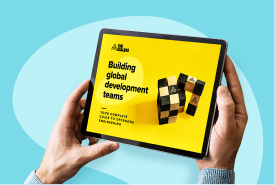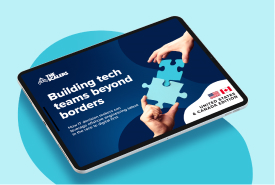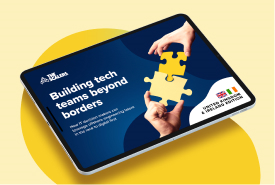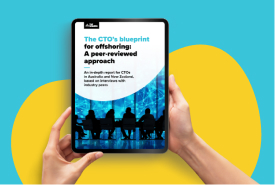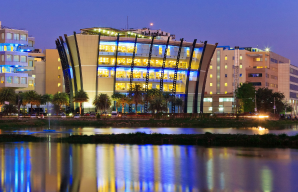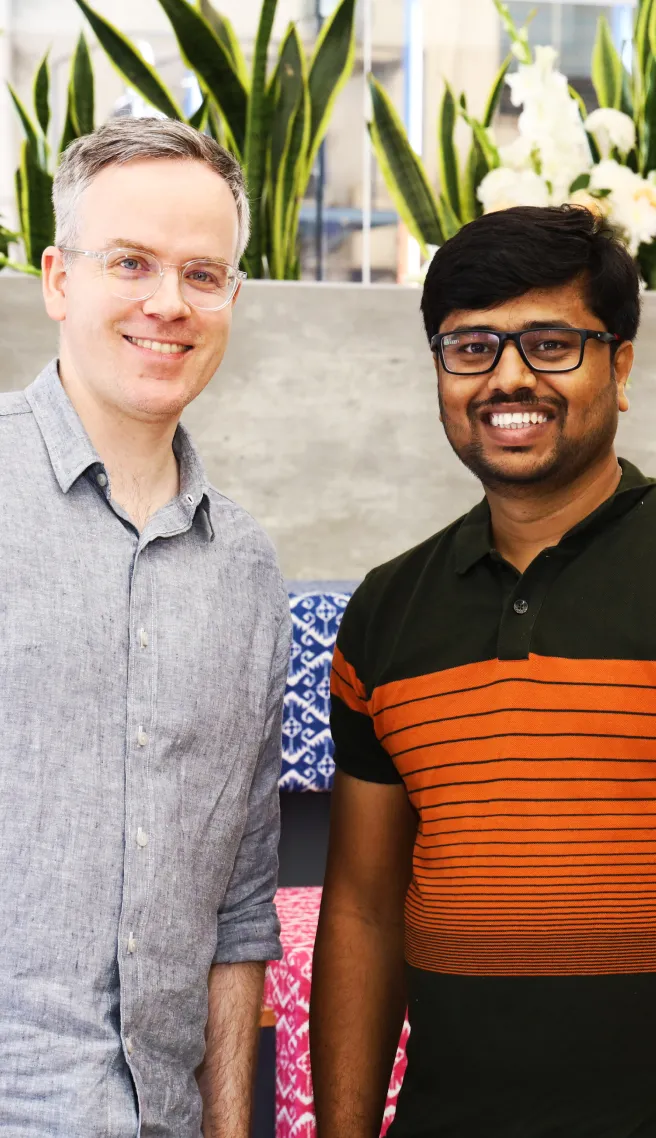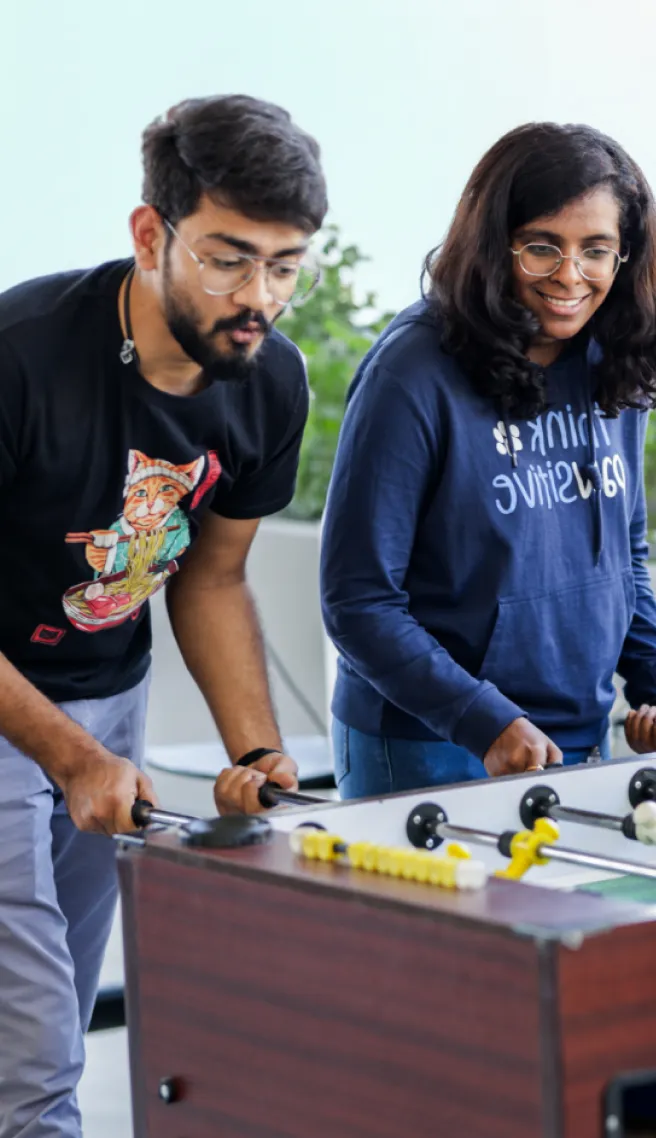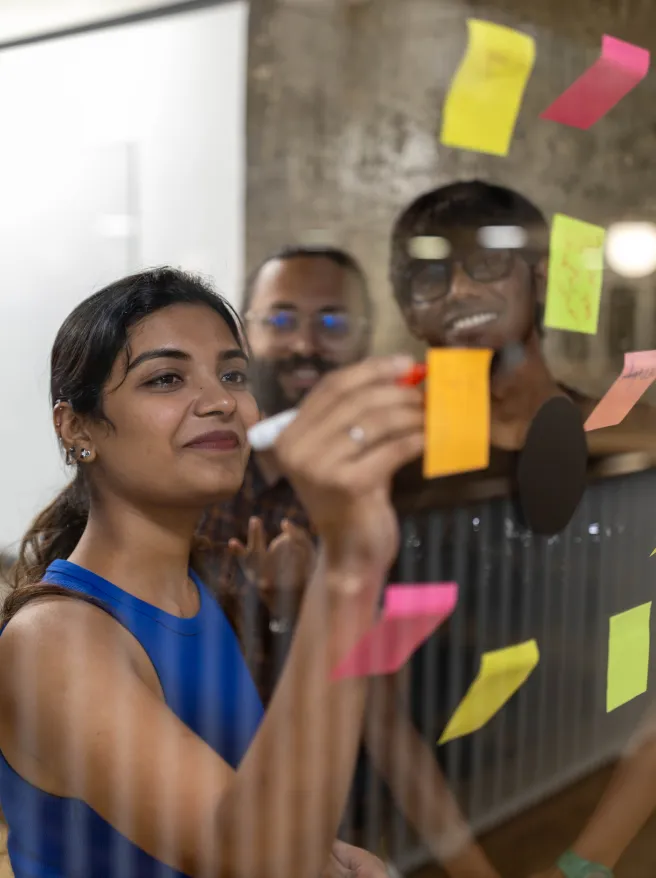ECOMMERCE SOFTWARE TEAM Exceed customer expectations
Retail and ecommerce change faster than fashion trends. To keep up with rising consumer expectations and deliver exceptional customer experiences, you need . Tap into Bangalore’s vast talent pool of certified engineers to build a team of specialists that is without the huge overheads of local teams.

By building an offshore team in the “Silicon Valley of Asia”, you can scale a team of experts in any skill or role you need.
Get more from your hiring budget and take advantage of the lower overheads in Bangalore, India, to deliver value to users faster.
Manage your offshore team just like your in-house team. Use the same systems and workflows for complete visibility and management.
SECTOR EXPERTISE Custom-built retail & ecommerce software development teams
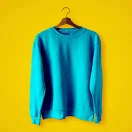
Apparel Retail

Computer & Electronics Retail

Automotive Retail

Entertainment Retail

Home Furnishing Retail

Internet & Catalogue Retail

Convenience Stores

Distributors
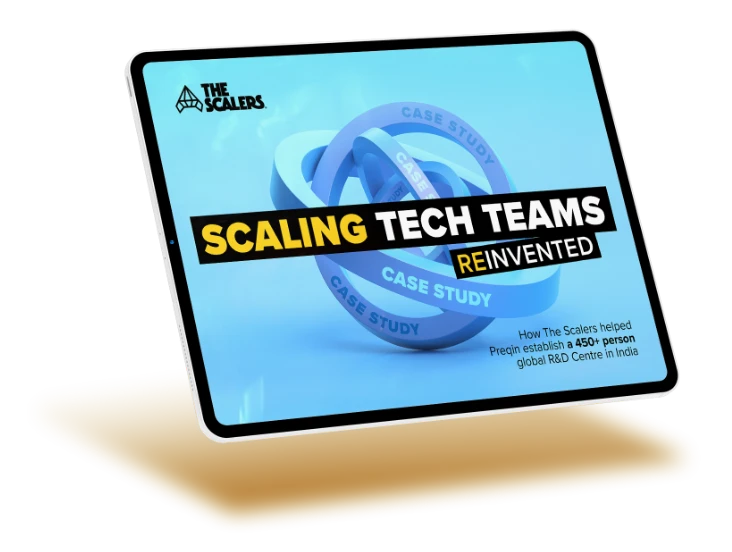
How we helped Preqin establish a 450+ person global R&D centre in India
DOWNLOAD CASE STUDY Scaling innovation: Preqin case studyRICH TALENT POOL Bangalore: Retail development hub
Join giants like Amazon, Swift, and Flipkart who all have retail and ecommerce software development centres in the city known as the “Silicon Valley of Asia”. Bangalore, with its 2 million+ tech talent pool, is the perfect location to find the experts you need to craft, maintain, and iterate your next solution. And our 7-step recruitment process means you’ll only see the top 2% of talent.

WHY CHOOSE THE SCALERS The smarter way to scale
Our unique model gives you a team in India so good it feels in-house. And we handle all the hassle.
We speak to 100 candidates for every position, and test them against your specific requirements, so you only get the best.
Your team gets regular engagement and team building activities, so you get happy employees who stay an average of 3-5 years.
Our turnkey recruitment process gets the top 2% talent from Bangalore’s 2M+ talent pool, so you can scale whenever you need.
RETAIL & ECOMMERCE SOFTWARE SOLUTIONS Your dedicated offshore team can help with
Build tailored ecommerce platforms to increase sales and enhance brand loyalty through personalised retail experiences at scale.
Increase efficiency to reduce overheads while ensuring you have sufficient stock. Use your dedicated retail software development team to engineer a warehouse management solution for your needs.
Maximise customer engagement through personalised marketing journeys facilitated by tailored CMS & CRM solutions, which manage content, track customer interactions, and drive sales.
Transform your retail operations with a custom ERP solution that streamlines inventory management, helps optimise supply chains, and enhances customer experiences.
Integrate payment gateways with your retail and ecommerce platform to reduce cart abandonment and increase sales while keeping your customers’ data safe.
Develop intuitive POS solutions to leverage data from sales, optimise inventory management, and provide seamless in-store shopping experiences.
Provide personalised interactions at scale by developing custom AI chatbots with your ecommerce software development team. Use the latest LLM and ML technologies to answer inquires faster.
Build customer loyalty and maximise lifetime value with a custom loyalty program solution for omnichannel engagement, connecting in-store and online actions.
Integrate location-based features to and deliver more personalised customer experiences through IoT and real-time tracking solutions.
Gain data-driven insights to guide your company through custom reporting and analytics. Your dedicated team can develop solutions to integrate multiple data sources, track key metrics, and identify insights in custom dashboards.
Looking to build other solutions?
FEATURED CASE STUDIES We build the best retail & ecommerce teams
The Scalers are experts who really understood how we could achieve our digital transformation. Our development team in Bangalore has been a game changer for my business.

